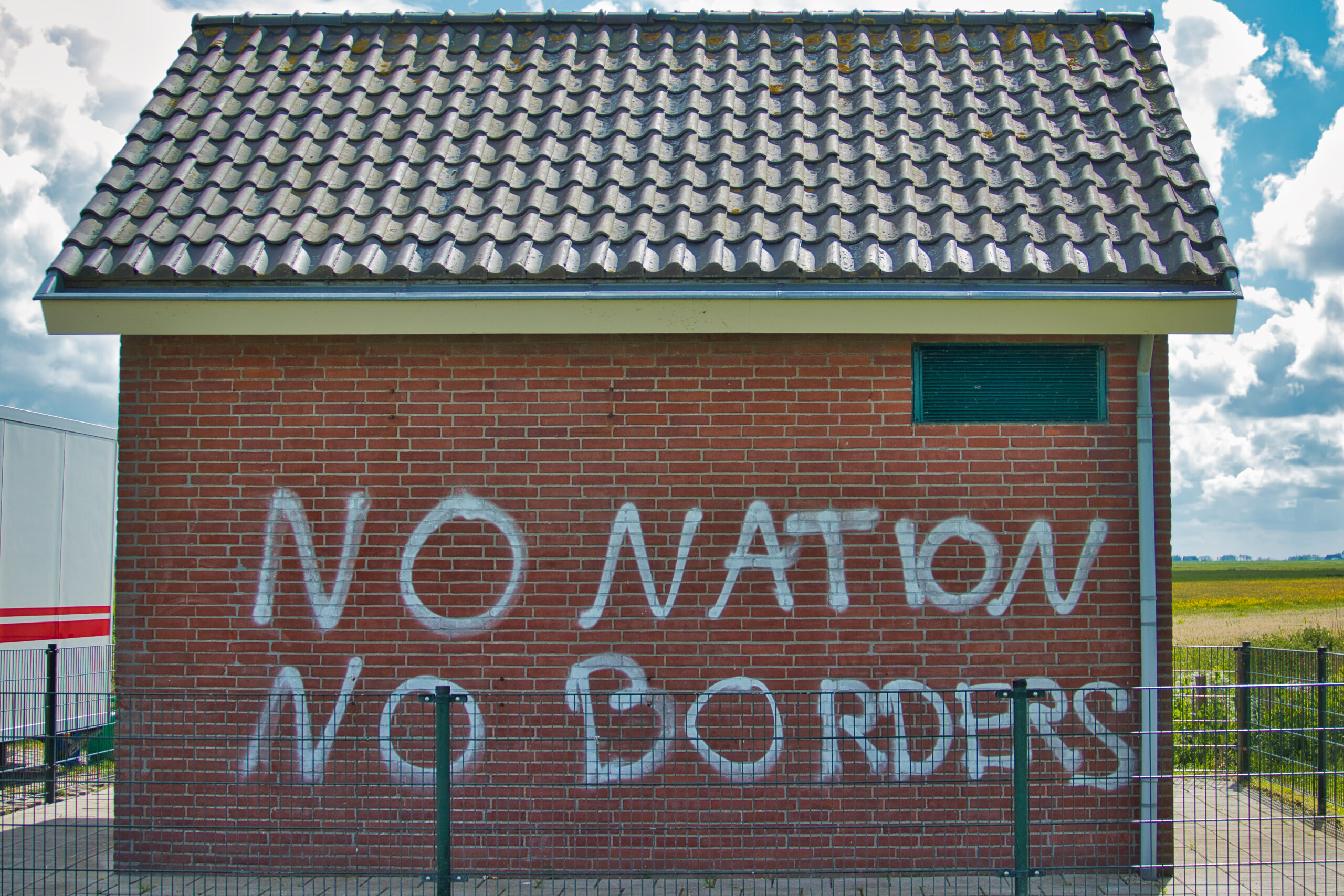Ban on housing priority for refugees breaches Dutch constitution

Housing minister Mona Keijzer has told MPs that a move to stop local authorities and housing associations from giving priority for social housing to refugees with residency permits cannot be upheld because it breaches the constitution.
The amendment, tabled by far right MP Jeremy Mooiman (PVV), was unexpectedly adopted in early July when several left-wing MPs were absent during a vote.
It would have barred municipalities from granting urgent housing status to anyone without Dutch nationality, including asylum permit holders, students, labour migrants and foreign spouses of Dutch citizens.
Keijzer had already advised against the plan, warning that it conflicted with article 1 of the constitution, which bans discrimination, as well as with the European human rights convention. “The amended provision clearly cannot stand,” she told MPs in a briefing.
The coalition agreement already included a measure to end the automatic priority that recognised refugees currently enjoy in the housing system. Removing that advantage is permissible, Keijzer said, but imposing a total ban on urgent housing for non-Dutch nationals is not.
Councils and housing associations have criticised the government’s own proposal, arguing that without some form of priority they cannot meet their legal obligation to house a set number of recognised refugees each year.
Some 18,000 people who are currently living in formal refugee accommodation should have moved to regular housing but cannot do so because of the shortage of homes.
Keijzer will meet MPs next month to discuss how the law can be repaired. One option is to delay the implementation of the amendment by royal decree. In any case, the senate is unlikely to approve the legislation in its current form.
10 weeks
Currently refugees are supposed to be housed in an ordinary home within 10 weeks of receiving a residence permit but that rarely happens.
But despite what far-right groups claim, refugees do not currently have priority over Dutch nationals when it comes to available homes. And if they are offered a home, they must accept it, even if it does not completely meet their needs.
If they refuse, they can be evicted from the refugee accommodation they are currently living in.
Thank you for donating to DutchNews.nl.
We could not provide the Dutch News service, and keep it free of charge, without the generous support of our readers. Your donations allow us to report on issues you tell us matter, and provide you with a summary of the most important Dutch news each day.
Make a donation